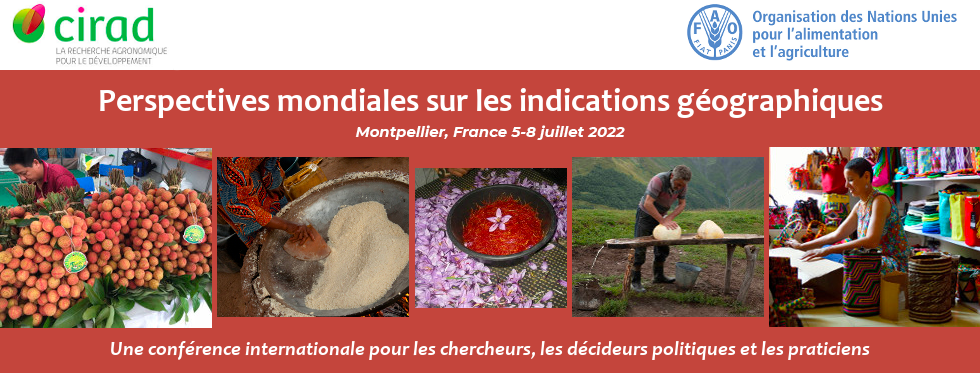Geographical indications (GI) has been adopted as a policy tool to promote sustainable rural development in Vietnam since 2001. This process has been motivated and driven by deeper integration of Vietnamese economy into the regional and global economy. In addition to the a significantly increasing number of operational GI enterprises and GI applications, to some extent, Vietnam has successfully set up a relatively comprehensive and stable legal framework for GIs. The GI scheme has gained positive awareness and recognized support from the central government. National programs on development of intellectual property assets between 2005 and 2020 have favored the GI scheme. By mid-November 2021, there are 113 GIs registered in Vietnam (including 8 foregin GIs), of which 80% are agricultural products which are sensitive to food safety and quality issues. Some Vietnamese GIs recently recognized and protected abroad (39 GIs under EVFTA, 2 GIs protected in Japan) offer opportunities to raise the added value of the Vietnamese GI products. As the other coutries, the territorial approach of GI is believed to be effective in driving collective efforts toward rural development as well as sustainability of the food system (livelihood improvement, sustainable and responsible production and consumption patterns, and envronmental protection). Opportunities have opened up to the Vietnamese GIs thanks to a number of multilateral and bilateral free trade agreements (FTAs) coming into effect, increasing demand for certified products. However, challenges still face those involve in the GI process, especially the post-registration phase. Indeed, there is a number of unused GIs and ineffective GIs in Vietnam, with no differentiation between GI and non-GI products, thus not bringing any benefit to farmers. This can be explained by the fact that far from being initiated by local producers and farmers, GI process has been led by “top-down” approach of state authorities, usually the local authorities. This top-down approach has conducted to inappriopriate selection of products to be protected initially motivated by political and commercial considerations, such as the choice of regions which are less favored, choice of products which are big export commodities. We recommend appropriate selection of products based on 2 important factors: 1) specificity of the product and 2) motivation of the stakeholders of the value chain. In view of sustainability of the food system, the GI scheme is expected to embed an improved management model, an operational control system and a comprehensive educational and awareness raising plan targeted all value chain actors and consumers.

Actes de la Conférence > Contributions par auteur > Nguyen Mai Huong
Protection of Geographical Indication in Vietnam: opportunties and challenges to achieve the sustainable food system
1 : Center for rural development /Institute of Policy and Strategy for Agriculture and Rural Development
(RUDEC/IPSARD)
2 : Innovation et Développement dans lÁgriculture et lÁlimentation
* : Auteur correspondant
Centre de Coopération Internationale en Recherche Agronomique pour le Développement : UMR85-2007, Centre international d'études supérieures en sciences agronomiques, Institut national d’études supérieures agronomiques de Montpellier, Institut national d'enseignement supérieur pour l'agriculture, l'alimentation et l'environnement, Institut National de Recherche pour l’Agriculture, l’Alimentation et l’Environnement : UMR0951


